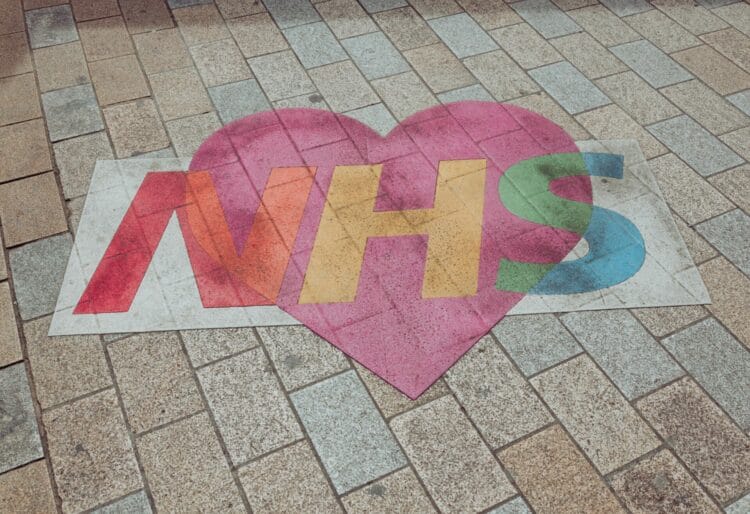THE NHS has released new advice around heat exhaustion and minimising the risks of hot weather.
New analysis by NHS England has shown that recent hot weather has seen considerable increases in searches for information about heat exhaustion, with a 169% surge in searches.
They peaked on Tuesday, July 30, which was the hottest day of 2024 so far, when the information page for heat exhaustion saw 11,986 visits.
This amounts to one visit every seven seconds.
In light of increased interest in the subject and continued hot weather, the NHS is releasing advice to help the public minimise health risks posed by high temperatures.
Heat exhaustion doesn’t usually require emergency medical help as long as the affected person can cool down within 30 minutes.
If not, this can develop into heatstroke, however, which is a medical emergency.
Signs of heat exhaustion can include tiredness, dizziness, headaches, sweating, clammy skin, nausea, cramps, rapid breathing or heartbeat, thirstiness, high temperatures, and feeling weak.
Those experiencing heat exhaustion should be cooled down and have unnecessary clothing removed and given fluids.
They can also be cooled with water, a fan, or cold packs wrapped in a cloth.
If their condition does not improve within 30 minutes, call 999.
Chief Nursing Officer for England Duncan Burton said: “We’ve seen a considerable increase in the number of people coming to the NHS website for heat-related health advice.
“The NHS website includes advice on how to stay cool, the symptoms of heat exhaustion, what to do if someone is affected and when to seek medical advice.
“People should continue to use 999 in life-threatening emergencies and NHS 111 – via the NHS App, online, or by phone – for other health concerns”.
More information about dealing with heat exhaustion and heatstroke is available via: nhs.uk/conditions/heat-exhaustion-heatstroke/























